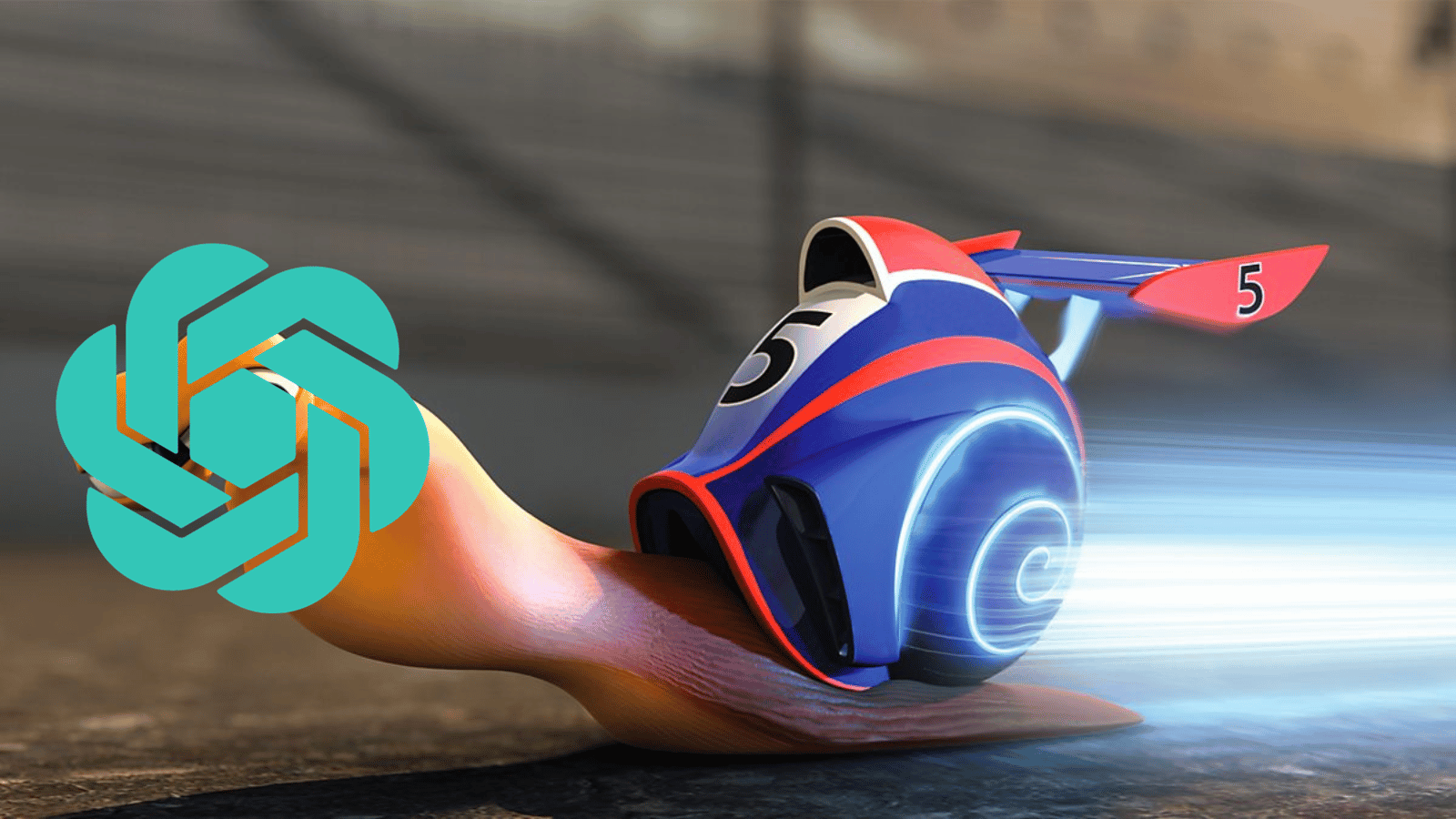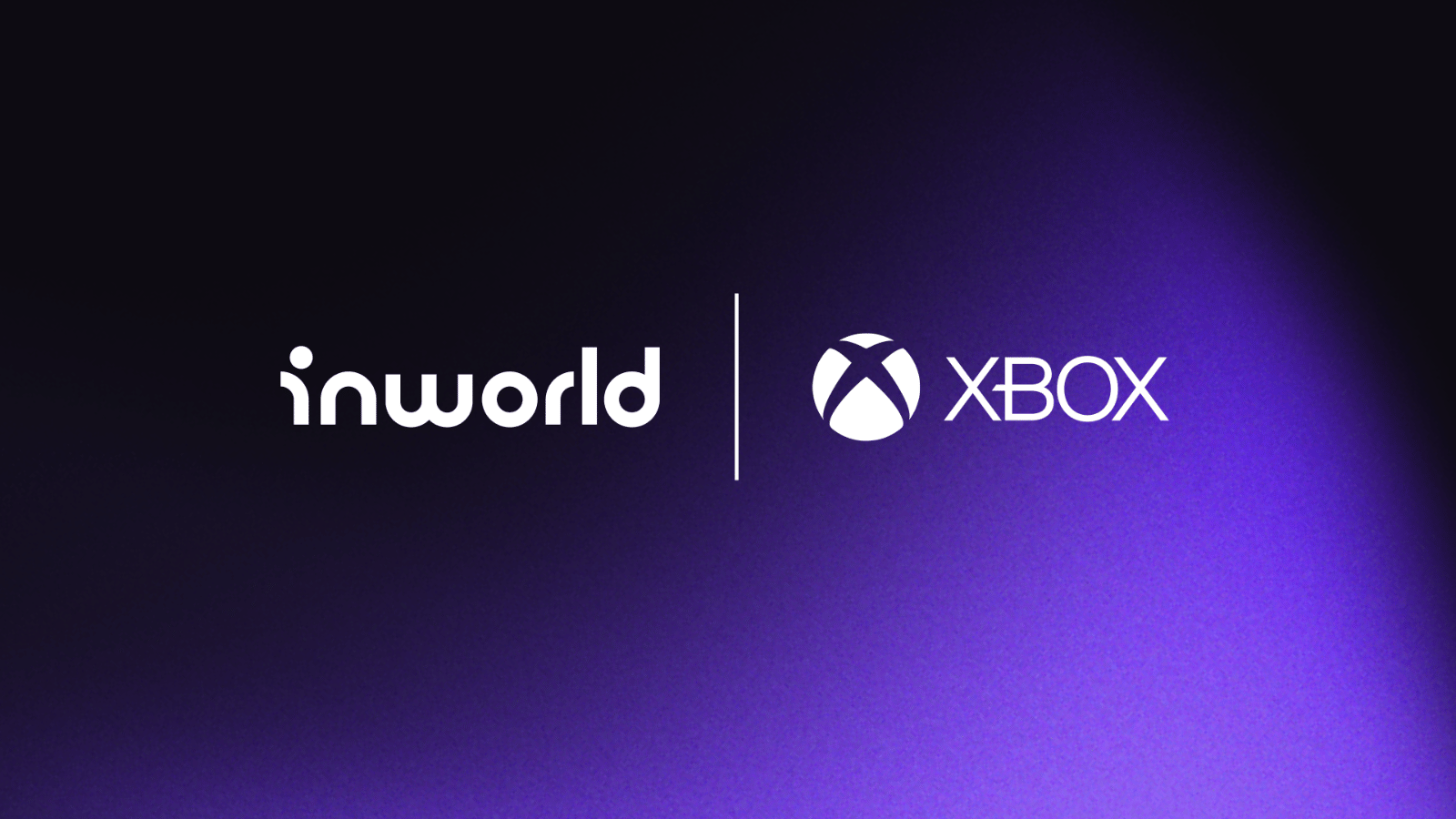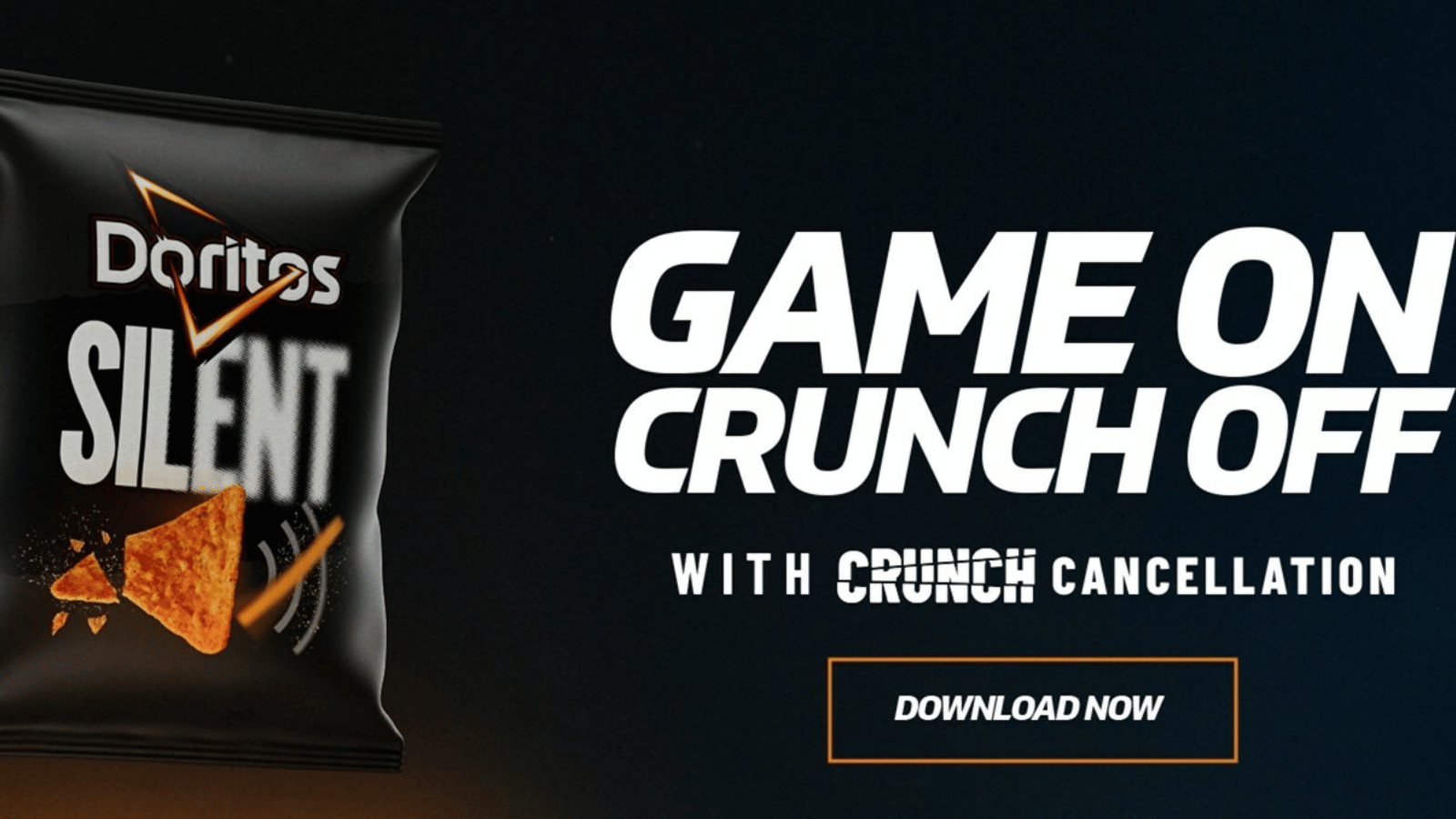Turbocharged ChatGPT
ChatGPT – that artificially intelligent chatbot your aunt heard about on the radio and now won’t shut up about – is getting stronger. That might seem obvious. It’s AI’s whole schtick. This time, it’s the bot’s creators, OpenAI, giving its list of GPT-enabled chatbots a boost, with some updated knowledge bases and a far larger context window. That can all be found in the company’s latest model – GPT-4 Turbo.
Oh, and OpenAI is getting around to protecting its customers from copyright lawsuits – like Microsoft and Google’s procedures.
OpenAI showed all this off at its very first developer conference – with GPT-4 Turbo becoming immediately available through an API preview afterwards. What makes Turbo so… Turbo comes from how it was trained. Where the original GPT-4 was only privy to information dated before September 2021, Turbo’s information stretches up to April of this year.
Couple that with Turbo’s 128K context window – allowing the model to “see” more data and understand the users’ questions a whole lot better to improve the accuracy of its answers. For comparison, earlier versions of GPT-4 came packed with 8K and 32K context windows.
GPT-4 Turbo was designed with developers in mind and won’t run up a bill quite like other GPTs out there. In fact, OpenAI reckons it’ll be at least three times cheaper to run. As for OpenAI’s plans to counteract copyright infringement lawsuits, it’s rolling out Copyright Shield – a programme that’ll see Enterprise users protected from any lawsuits with OpenAI footing the bill.
To see the rest of OpenAI’s announcements, you can check them out here.
AI is coming for your games
Microsoft’s Copilot apparently wasn’t enough AI for the company and it won’t rest until everything is artificially intelligent because that’s just how 2023 goes. Its next target? Videogames. That was made clear after Xbox announced a partnership with Inworld AI (who?) that’ll see a swathe of development tools unleashed unto developers which will allow for the creation of AI-generated characters, storylines and scripts.
“This partnership will bring together: Inworld’s expertise in working with generative AI models for character development, Microsoft’s cutting-edge cloud-based AI solutions including Azure OpenAI Service, Microsoft Research’s technical insights into the future of play, and Team Xbox’s strengths in revolutionizing accessible and responsible creator tools for all developers,” explains Haiyan Zhang – Xbox’s general manager of gaming AI.
You might have seen Inworld’s tech before even if the name doesn’t ring any bells. It’s that company that’s been working on some of the smartest NPCs we’ve ever seen – replying to the player just like a ChatGPT or Bing Chat. Now, Xbox is bringing that same tech to developers, with abilities to have detailed scripts, questlines and unique backstories into their games.
Hey, anything to make Starfield worth playing, right?
For now, Xbox is reserving the fruits of the Inworld partnership to developers, so it’ll be up to them whether to make use of the tools or not. The subject has been rather controversial of late – not just in gaming, but across the entire film and television industry. Our guess? We could have another revolt on our hands.
Doritos: Silence or silenced?
Gamers like Doritos. A lot. Couple that with a rather unhealthy addiction to Double Dew, and you’ve got one of gaming’s deadliest combos. Anyone claiming to be a real gamer has probably demolished an entire bag of the stuff (the big bags) and been chided for it. It’s almost a rite of passage. Or at least, it was. PepsiCo has heard the cries of those online who can’t escape the monotonous crunch crunch crunch and has released Doritos Silent in response.
This isn’t some new-fangled brand of soggy Doritos that have no crunch, but rather the world’s first “crunch-cancellation” piece of software that’ll drown out the sound of people chomping down without altering their voices. It was built by Smooth Technology and took the better part of six months to complete, using AI to analyse over 5,000 different crunching noises.
To justify the software’s existence, PepsiCo came backed up with facts. According to surveys done on gamers, at least 30% of gamers in the US feel that “other people crunching distracts them from playing well or impacts their performance,” with that number stretching to 46% in the UK who “dislike the sound of other people eating.”
Doritos Silent is available now on PC, though Macs have been left out. As if people game on their Macs, anyway.
Parkinson’s gets put down
Finally! Something that doesn’t have to do with 2023’s favourite keyword: AI. Meet “Marc” – hailing from Bordeaux, France – and suffering severely from Parkinson’s. Nearly two years ago, Marc was fitted with an implant that now allows him to walk “almost normally” for up to 6km at a time, according to a report from The Guardian.
Marc’s blight with Parkinson’s meant he had suffered mobility impairments. “I practically could not walk anymore without falling frequently, several times a day,” he said in a press release announcing the breakthrough. “In some situations, such as entering a lift, I’d trample on the spot, as though I was frozen there, you might say.
Specifically, Marc underwent a “precision neurosurgical procedure,” in which he received an electrode placed against his spinal cord coupled with an electrical pulse generator embedded under the skin. Most studies tackling the degenerative disease usually focus on the brain regions affected by the loss of dopamine-producing neurons, though here a reliance was placed on activating the subject’s leg muscles to enable walking again.
And it appears to have worked. Marc wears a movement sensor on each leg that talks to the implant and lets it know when he is trying to walk. Once it’s switched on, the implant sends out electrical impulses to the necessary neurons, with the tech adapting in real time to Marc’s movements.
The obvious next step is opening up the research for other interested parties and getting moving on wide-scale implant treatment. Unfortunately, it’s not quite that simple. The tech is extremely custom to each patient, making a broader release a little more difficult. It isn’t stopping the research co-leads, Grégoire Courtine and Jocelyne Bloch from trying though, both of which are working on a commercial version of the tech in partnership with Onward Medical. “Our ambition is to provide general access to this innovative technology to improve the quality of life of Parkinson’s patients significantly, all over the world,” they said.








